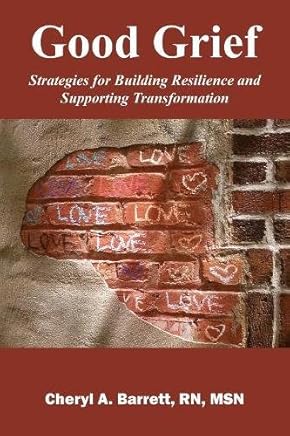
Eat healthily, sleep well, breathe deeply, move
harmoniously.
― Jean-Pierre
Barral, DO. and Author
The
appetite is almost non-existent during this time — hunger is not felt. Food has
lost its taste and sometimes it’s hard to get it down.
Your friends
and loved ones are telling you that you must eat something to keep up your
strength, or they are just bringing food to your door until there is no place
left for storage. Food is necessary for the body to function, for you to think,
for you to move, for you to walk forward on the road to recovery!
I know from experience that food was the last thing on my mind at a time like this. When my
husband had his stroke, I lost ten pounds in two weeks, as I worked a full-time
job and tried to be at the hospital with him as much as possible. Some people
might not consider a stroke to be a loss. But those who know about strokes know
that a person is never really the same person they were before. You feel that
loss. There may occur a small difference in speech, facial droop, memory,
coordination or significant differences impacting all areas of the stroke
victim’s life.
When my husband was in the hospital, I got
up early every morning and went to the hospital to check on him and assist with
morning care, went to work, went home, went back to hospital to check on him,
and then went home to TRY to sleep. As you can see, there is no mention of when
I stopped to eat. Of course, I ate something, but if you asked what, I could
not tell you.
The loss of a loved one, my husband, was even more
devastating and could have had a very serious effect on me physiologically if
my daughter had not lived with me. She was the one who made sure we both ate
something every day!
I recommend just starting with small
portions to eat and do it slowly, as crying can cause you to breathe
incorrectly and inhale food making you cough and choke — it happens.
Also, it is helpful to try to eat with another person. It’s
hard to eat alone, and you will just let the opportunity pass by. Why? Because
you are not interested in eating, food is tasteless, it is hard to swallow, and
you just want to curl up and hide until — you don’t know what. This is easy to
do when you are alone — because no one is watching. Who will tell on you?
My daughter cooked meals, so we would both eat. And believe
me when I say this, she is a great cook, and I love her food! Also, have foods
around that you like…they will be more appealing and easier to get down.
Another thing that helps is to make time to
go out to eat together with a friend at a favorite restaurant, providing a
change of scenery, getting you out of the house and into an environment that
may distract you from your grief for a while and provide companionship.
However, there were favorite restaurants that my daughter and I avoided…we were not ready to experience the emotional pain of
being there without my husband yet. Slowly, we began to revisit some of the
local restaurants that had memories attached to them as we became able to
handle the emotions.
There also may be those who deal with stress by indulging
in food — eating to ease the emotional pain. This behavior can be just as
destructive to the physical body as not eating. Overeating leads to weight
gain, yet another stressor to add to your list. If you deal with your loss with
overeating, you will one day look at yourself in the mirror and wonder what
happened. Your self-esteem takes a hit and you can become depressed.
Either eating too much or too little has an
impact on the mind, body, and spirit. My advice is to make the effort to take
care of yourself, often severely neglected during times of stress. Ask a friend
or family member for help to plan and support your efforts to follow through.
AFFIRMATIONS:
· I
enjoy being in my body, and I nourish it each day.
· I
honor my body with nutritious foods for my health and wellbeing.
· Today,
I welcome health and happiness.
###
With her permission, I am serializing here nurse Cheryl Barrett's valuable book on transcending grief. I had the pleasure of being her coach and editor through my Write Your Book with Me enterprise.
Douglas Winslow Cooper, PhD
No comments:
Post a Comment